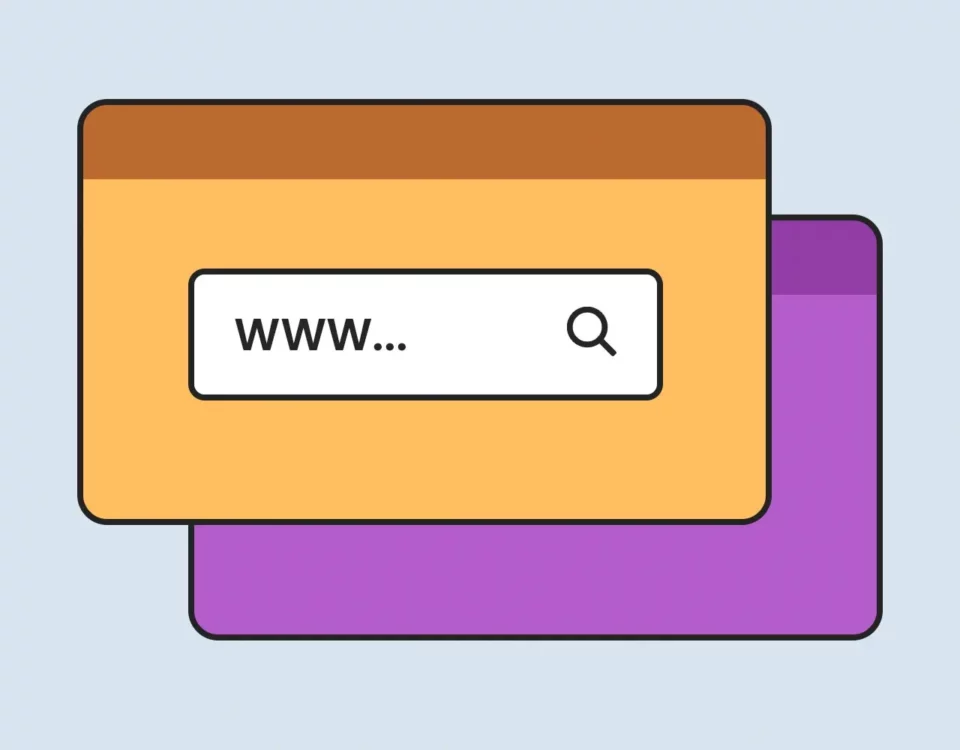What is the difference between a lease, tenancy and tenancy agreement?
Published by Andrea Smikle
Category Housing
If you’re renting from your university, a private landlord or a letting agent, then you’ll definitely have come across the word ‘tenancy’. But what exactly is a tenancy, and is it the same as a lease or tenancy agreement? In this post you’ll learn what a lease, tenancy and tenancy agreement is and the differences between them.
Leasehold estate in land
A lease is a type of land right known as the leasehold estate in land, which gives the lessee a legal (or equitable) right to exclusive possession of the lessor’s property for a specific amount of time. The technical name for a leasehold estate in land is a term of years absolute. If you’ve read our housing guide: Types of Tenancy, then you’ll know that a lease is exactly the same as a tenancy. Similarly, a lessor is the same as a landlord and a lessee or leaseholder is the same as a tenant.
Find out more about the roles of a landlord and tenant by reading our housing guide: Tenants, Landlords and Letting Agents.
Lease vs. tenancy
In law, the word lease is commonly used in situations where:
- the duration of the lease is 3 years or more.
- the lessee is purchasing a long lease (21 years or more).
- the lessee is occupying the property for business purposes — known as a business lease or commercial lease.
These three scenarios are all examples of leasing.
The word tenancy is typically used in the case of short-term tenancies granted for 3 years or less, where the tenant is renting. Both leasing and renting provide the lessee and tenant with a leasehold estate, which is the right to exclusive possession of the property for a specific amount of time. If you’re ever in doubt, use the word tenancy, which is commonly used in the world of student housing and short-term renting.

Short-term tenants vs. long leaseholders
Short-term tenants generally have less security during their tenancy compared to long leaseholders. This is because a landlord who lets their property on a short-term basis, under an Assured Shorthold Tenancy, has the automatic right to possession of their property at the end of the fixed-term or at the end of the rental period, in the case of periodic tenancies. Long leaseholders, however, will incur extra costs in relation to their lease, such as paying ground rent and service charges.
Read our housing guide: Assured Shorthold Tenancy to find out more about the rights that you gain as an Assured Shorthold tenant.
Formalities and registration of a tenancy or lease
A tenancy or lease that is granted for a term of 3 years or more must be created using a deed. A tenancy or lease that is granted for a term of 7 years or more must be registered at the Land Registry. These are statutory requirements and a failure to register or follow the legal formalities could result in your tenancy taking effect in equity only. An equitable tenancy or lease is one that is granted at the discretion of a court, where the formal requirements for a legal tenancy or lease have not been complied with.
Most students and short-term renters are granted tenancies for less than 3 years, so the tenancy can be entered into using a written tenancy agreement or a verbal agreement, as long as the tenant takes possession of the property at the best rent, without taking a fine (paying a premium).
Lease and tenancy fact sheet
If you're still a bit confused, fear not! I've summarised it for you.
A lease and tenancy are the same — it is a land right known as the leasehold estate, which gives a lessee and tenant the right to exclusive possession of the property for a specific amount of time.
A lease and tenancy are terms used to indicate the duration of a leasehold, as well as how the leasehold was acquired — either through renting or purchasing a leasehold. Regardless of the wording used, a tenant and lessee have a leasehold estate.
The term lease is typically used when the right is acquired through purchasing a long leasehold (more than 21 years), where a leasehold has been granted for more than 3 years, or where the lease is granted for business purposes — known as leasing.
The term tenancy is typically used when the right is acquired through renting of short-term tenancies, granted for less than 3 years.
A tenancy or lease granted for 3 years or more must be created using a deed. A tenancy or lease granted for 7 years or more must be registered at the Land Registry. Failure to comply may result in your tenancy or lease taking effect in equity only — known as an equitable tenancy.
What is a tenancy agreement?
When you enter into a tenancy, you are simultaneously entering into a contract with your landlord or letting agent, known as the tenancy agreement. The contract is created once you and your landlord or letting agent sign the written tenancy agreement or agree verbally, in the case of verbal agreements. Similarly, leases use lease agreements, which are always written. A lease agreement is more commonly shortened to a lease — this can be confusing because both the lease agreement and the leasehold are referred to by the same word.
For more information on the contract used to enter into a tenancy, read our housing guide: Tenancy Agreement.
How to enter into a tenancy
View the property
Agree the terms
Move In
Find out how to create a tenancy by reading our
housing guide: Entering Into a Tenancy.





